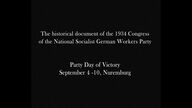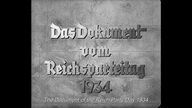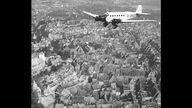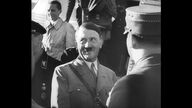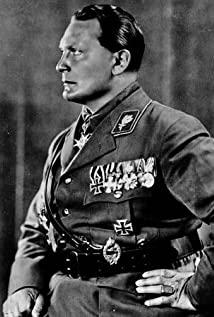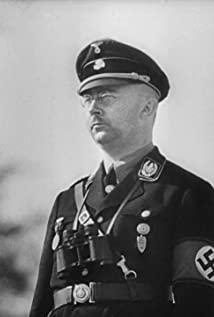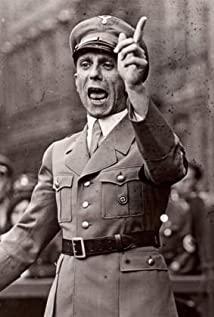The film mentioned below: "Triumph of the Will" was filmed during the Nazi era, and every scene is real history, with no actors or even narration - a genuine documentary.
A recurring scene in "The Will" is the rallies: the Congress, the Labour Union rallies, the Nazi Youth rallies. The protagonists of the rally are undoubtedly the squares, and the enthusiasm in the eyes of each individual in the square is what attracts me the most.
As mentioned earlier, it is difficult to understand Nazism only as a conceptual term. Its appeal to the Germans at the beginning of his rise is hard to imagine today. Then, it may be easier for us to deconstruct this organization in a shorthand way.
The Nazis came to power and they solved many problems in German society. When Hitler called on people to revive Germany, he emphasized obedience. Class struggle, he said, gave way to class harmony. Germans will struggle together regardless of class. Thus, the political and economic problems of the nation find a special solution in German-style civil society. Germany in the early days of the Nazis was indeed a thriving society. Extremely high production growth, the resolution of unemployment, the resolution of rural problems, and the promotion of patriotism and optimism have revived the country from its status as a sanctioned man at the end of the First World War and relied on this miracle (the term was not yet known at the time). It has a funny effect) and gradually raised the Nazi Party to the altar of the people's beliefs. The Nazi Party, as an organization founded by people, began to be deified.
However, while people, especially the Germans themselves, approved of this seemingly thriving society, a Nazi aesthetic, Nazi propaganda, came into being. This aesthetic is an extension of ethnography and political centralism. Generally speaking, economic and political nationalization will inevitably lead to ideological nationalization. Although this situation was different from the class antagonism of horseism, he emphasized the equality and harmony of the whole country and even within the Nazi Party, and was more easily accepted by the rational German people. But that tradition of resignation to nationalization came into play. For example, uniform uniforms make it impossible for any bystander to distinguish classes from the crowd: the rich, the proletariat, the politicians, the laborers, the soldiers, all rely on neat clothes to become a part of the group, a part of the national will.
In Li Fen's film of the Nazi Party Congress, the Nazi mass rally began to present a sad scene of a collective carnival. Her cameras began to swirl around the phalanxes of crowds ecstatic with the collective heat. The flag-bearers in front of the phalanx held high the various symbols of the Nazis, and the geometric squares and circular patterns shone in broad daylight or danced in the firelight in the middle of the night. Hitler stretched his arms deep and frantically. His arms pointed straight ahead, and the future of Germany. The crowd shouted and marched, and the leather shoes of these marches stomped on the soil of Berlin and Germany, and the shoes of these marches were only one step away from trampling the iron hoof of the land of Europe. The German nation, or the whole world, was guided step by step toward hell.
View more about The Triumph of the Will reviews



